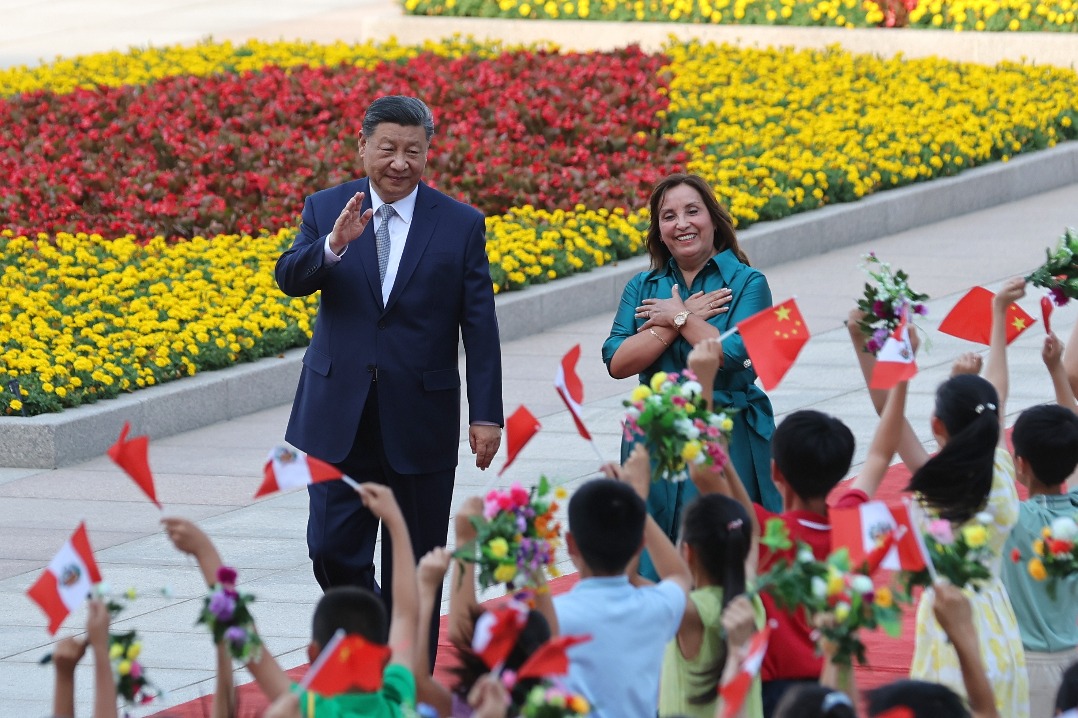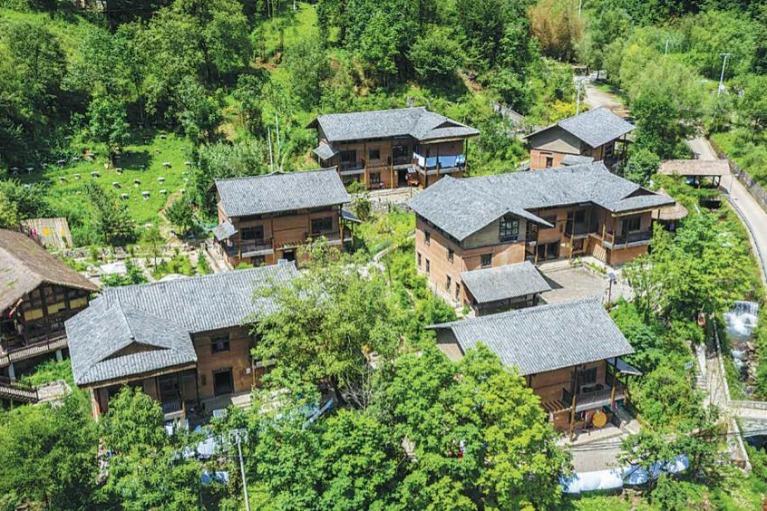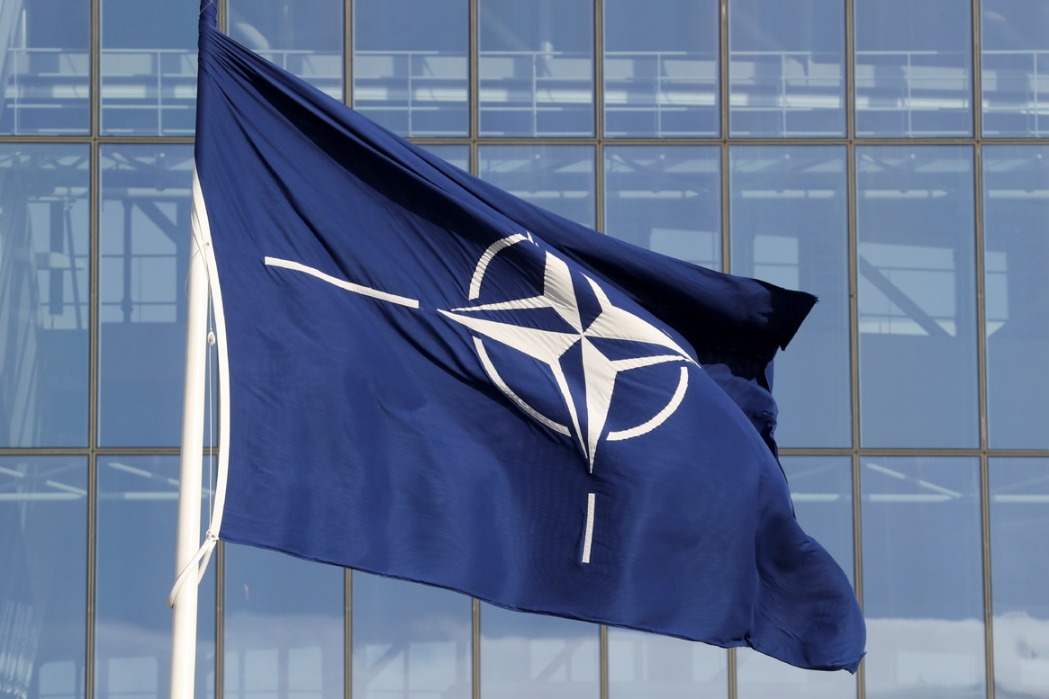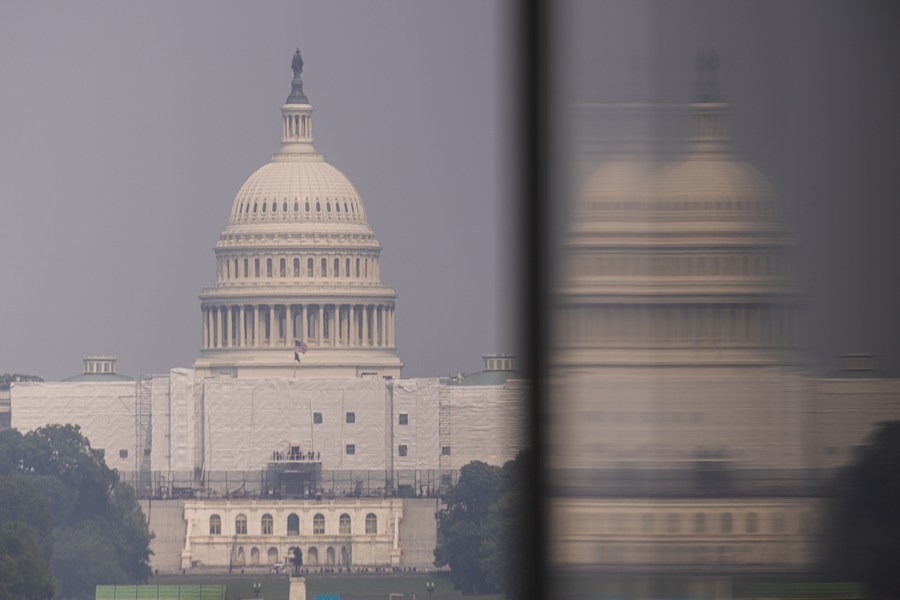Experts call for higher mental anguish payout
By CAO YIN | China Daily | Updated: 2020-11-17 09:07
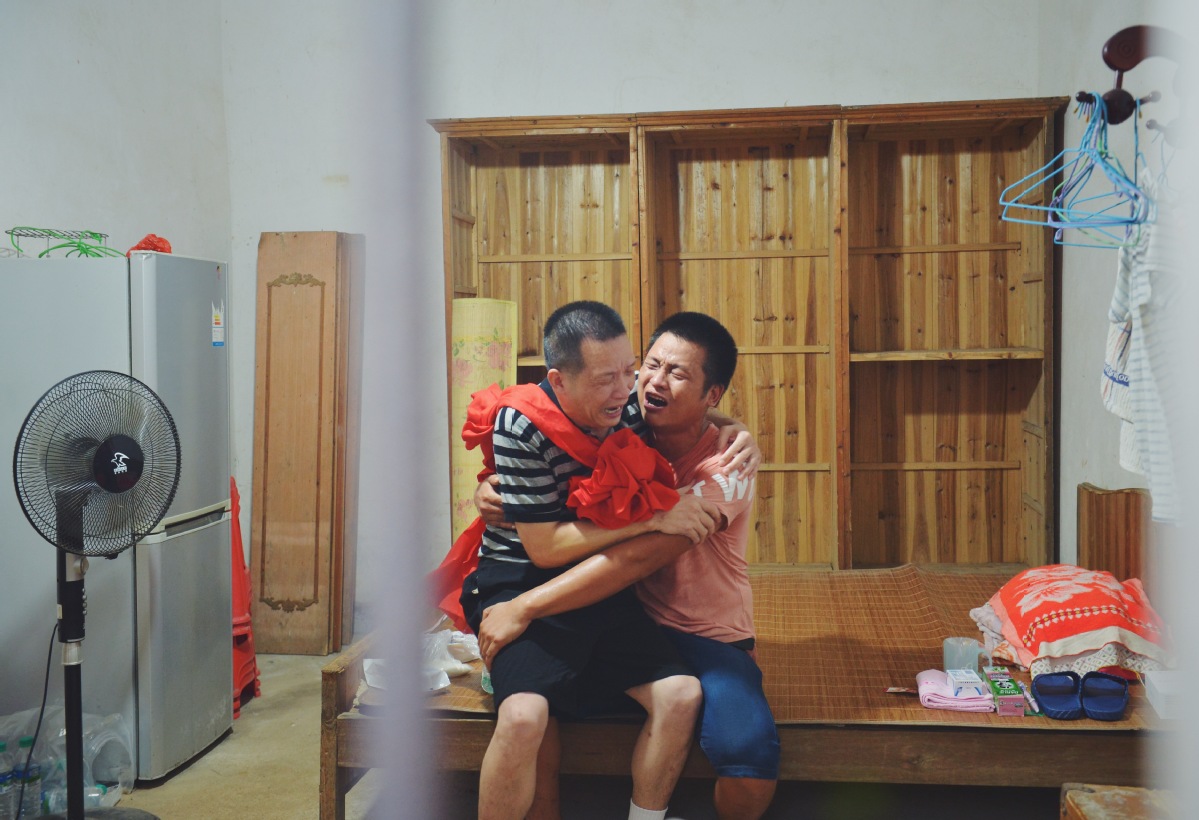
Compensation is too low for people who have been wrongfully detained, they say
Legal professionals have called on China to raise the level of compensation for mental anguish suffered by those wrongfully detained and convicted to prevent secondary damage caused by wide variations in payouts across the country and to uphold justice.
The current compensation standard for mental suffering is too low to make up for the harm done to such people, "and the difference or big gap in amounts in different areas across the nation makes the matter worse", said Luo Jinshou, a lawyer from Jiangxi province.
He expressed his concerns after helping Zhang Yuhuan-a Jiangxi man who had his name cleared after being wrongfully detained for about 27 years for intentional killing-receive state compensation of more than 4.96 million yuan ($738,000) on Oct 31.
Zhang's compensation included 3.39 million yuan for his wrongful detention and 1.57 million yuan for his mental anguish, the Jiangxi High People's Court said.
It may have been the highest total compensation on record for an acquitted person in China, "but the compensation for my client's mental suffering was lower than we expected", Luo said.
A judicial interpretation issued in 2014 by the Supreme People's Court, the country's top court, stipulates that payouts for mental anguish should not exceed 35 percent of state compensation that a person receives for damage to property or loss of personal liberty. But for some who were wrongfully sentenced to death or endured other extreme penalties, that payout can, and has been, raised.
Although Zhang received about 45 percent of his compensation for mental suffering, "it is still much lower than a few cases in Jilin province in which that payout reached 75 percent," Luo said.
In September last year, Jin Zhehong, who spent 23 years in prison after being wrongfully convicted of intentional homicide in Jilin, was given 4.68 million yuan in state compensation, including 2.67 million yuan for his loss of personal freedom and 2 million yuan for his mental anguish.
Earlier last year, Liu Zhonglin, another man who spent 25 years in prison after being wrongfully convicted of killing a woman, received 4.6 million yuan in compensation, including 2.6 million yuan for wrongful detention and 1.97 million yuan for mental suffering.
"The compensation for wrongful detention has a national standard already, and it is updated by judicial authorities every year," Luo said. "But the part for mental suffering depends more on each court, which I don't think is a good way to uphold justice."
Under the latest compensation standard released by the top court in May, someone can be given 346.75 yuan for each day of lost personal liberty or wrongful detention. The amount last year was around 315 yuan.
However, the percentage of compensation for an acquitted person's mental anguish hasn't been changed for a long time, "which has caused secondary damage to acquitted people", said Cheng Guangxin, another lawyer who helped Zhang apply for state compensation.
In August, for example, Wu Chunhong, a villager from Henan province who was acquitted after evidence related to his intentional homicide conviction was deemed insufficient, reapplied for state compensation, arguing that the 680,000 yuan he was offered was not enough to make up for the mental anguish he suffered during 15 years of wrongful detention.
The top court accepted his reapplication and heard the case at the end of last month, but whether Wu's compensation has been raised has yet to be disclosed.
Li Changqing, Wu's lawyer, said he was also unhappy with the small amount of compensation that was originally offered, saying it had further harmed Wu, especially when he learned that others who were wrongfully imprisoned for similar amounts of time were paid several times more.
"For people who were wrongfully detained for more than 15 years, such as my client, it'll be difficult for them to integrate into society, and their families may also suffer a lot, so raising the compensation for mental anguish, I think, can give them more comfort," Li said.
He said more compensation for mental suffering would also show a court's determination to combat miscarriages of justice and protect human rights.
Ruan Chuansheng, a law professor at Shanghai Administration Institute, agreed with the lawyers. He said compensation cannot eliminate the mental pain suffered by victims and their families, "but can help improve their lives a little, at least, and it's a way for courts to regulate their judicial conduct in handling cases".
In 2018, the top court revealed that courts nationwide had resolved about 28,000 state compensation cases from the beginning of 2013 to the end of October 2018, noting it was considering raising the level of compensation for mental anguish for people subjected to wrongful legal decisions.
Ruan said the lack of progress since then was not only related to the provinces' financial capabilities, but also to the design of the system and lack of public legal awareness.
"It's hard to say how much money is enough to make up for an acquitted person's mental suffering, so simply or blindly increasing the compensation may not thoroughly solve the problem," he said. "We can set different levels for mental compensation. For instance, those with a decade-long wrongful detention can be given more compensation for mental anguish, while people wrongfully detained for less than five years can get a lower payment."
Luo, the lawyer from Jiangxi, said compensation for mental suffering should also take into consideration medical treatment for acquitted people.
"After all, some demand long-term medical care, which is no small expense for their families," he said.






